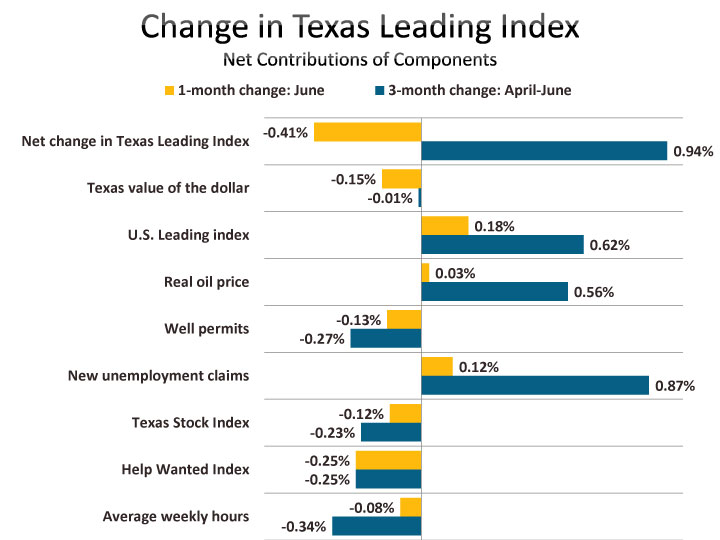
noun, plural in·dex·es, in·di·ces [in-duh-seez] /ˈɪn dəˌsiz/.
- (in a nonfiction book, monograph, etc.) a more or less detailed alphabetical listing of names, places, and topics along with the numbers of the pages on which they are mentioned or discussed, usually included in or constituting the back matter.
- a sequential arrangement of material, especially in alphabetical or numerical order.
- something used or serving to point out; a sign, token, or indication: a true index of his character.
- something that directs attention to some fact, condition, etc.; a guiding principle.
- a pointer or indicator in a scientific instrument.
- a piece of wood, metal, or the like, serving as a pointer or indicator.
- Computers.
- a value that identifies and is used to locate a particular element within a data array or table.
- a reference table that contains the keys or references needed to address data items.
- Also called fist, hand. Printing. a sign in the shape of a hand with extended index finger, used to point out a particular note, paragraph, etc.
- a light, smooth cardboard stock.
- the forefinger.
- a number or formula expressing some property, ratio, etc., of something indicated: index of growth; index of intelligence.
- Statistics. index number.
- Economics. price index.
- Algebra.
- an exponent.
- the integer n in a radical defining the n-th root: ∛ is a radical having index three.
- a subscript or superscript indicating the position of an object in a series of similar objects, as the subscripts 1, 2, and 3 in the series x1, x2, x3.
- winding number.
- Horology. a leverlike regulator for a hairspring.
- (initial capital letter) Roman Catholic Church.
- Index Librorum Prohibitorum.
- Index Expurgatorius.
- (usually initial capital letter) any list of forbidden or otherwise restricted material deemed morally or politically harmful by authorities: an Index of disapproved books relating to Communism.
- Optics. index of refraction.
- Obsolete.
- a table of contents.
- a preface or prologue.
verb (used with object)
- to provide with an index, as a book.
- to enter in an index, as a name or topic.
- to serve to indicate: warm breezes indexing the approach of spring.
- to place (a book) on an official list as politically or morally harmful: The commissar insisted on indexing the book.
- to rotate (work) on a milling machine in order to repeat the milling operation at a new position.
- Economics. to adjust (wages, taxes, etc.) automatically according to changes in the cost-of-living level or another economic indicator, especially to offset inflation.
noun plural -dexes or -dices (-dɪˌsiːz)
- an alphabetical list of persons, places, subjects, etc, mentioned in the text of a printed work, usually at the back, and indicating where in the work they are referred to
- See thumb index
- library science a systematic list of book titles or author’s names, giving cross-references and the location of each book; catalogue
- an indication, sign, or token
- a pointer, needle, or other indicator, as on an instrument
- maths
- another name for exponent (def. 4)
- a number or variable placed as a superscript to the left of a radical sign indicating by its value the root to be extracted, as in ³√8 = 2
- a subscript or superscript to the right of a variable to express a set of variables, as in using x i for x 1, x 2, x 3, etc
- a numerical scale by means of which variables, such as levels of the cost of living, can be compared with each other or with some base number
- a number or ratio indicating a specific characteristic, property, etcrefractive index
- Also called: fist a printer’s mark (☛) used to indicate notes, paragraphs, etc
- obsolete a table of contents or preface
verb (tr)
- to put an index in (a book)
- to enter (a word, item, etc) in an index
- to point out; indicate
- to index-link
- to move (a machine or a workpiece held in a machine tool) so that one particular operation will be repeated at certain defined intervals
v.“compile an index,” 1720, from index (n.). Related: Indexed; indexing. n.late 14c., “the forefinger,” from Latin index (genitive indicis) “forefinger, pointer, sign, list,” literally “anything which points out,” from indicare “point out” (see indication). Meaning “list of a book’s contents” is first attested 1570s, from Latin phrases such as Index Nominum “Index of Names,” index expurgatorius “specification of passages to be deleted from works otherwise permitted.” Scientific sense (refractive index, etc.) is from 1829; economic sense (cost-of-living index, etc.) is from 1870, from the scientific usage, from sense “an indicator.” The Church sense of “forbidden books” is from index librorum prohibitorum, first published 1564 by authority of Pius IV. n. pl. in•dex•es
- A guide, standard, indicator, symbol, or number indicating the relation of one part or thing to another in respect to size, capacity, or function.
- A core or mold used to record or maintain the relative position of a tooth or teeth to one another or to a cast.
- A guide, usually made of plaster, used to reposition teeth, casts, or parts.
- The index finger.
An alphabetical list of subjects treated in a book. It usually appears at the end of the book and identifies page numbers on which information about each subject appears.
 Liberal Dictionary English Dictionary
Liberal Dictionary English Dictionary